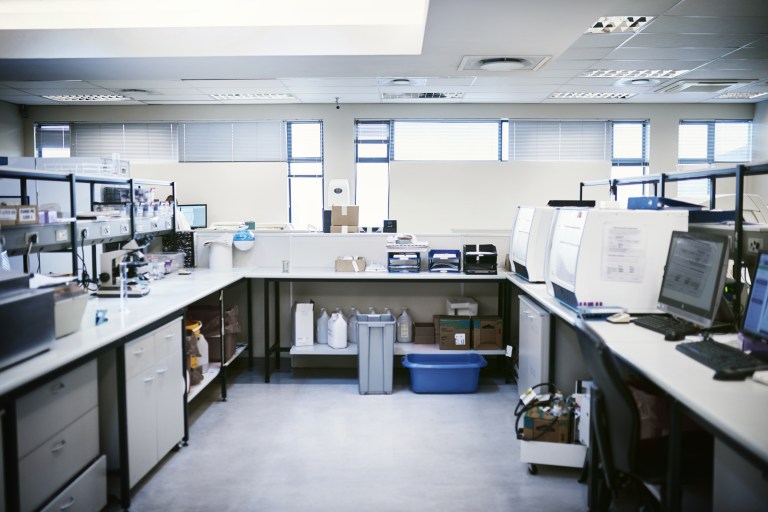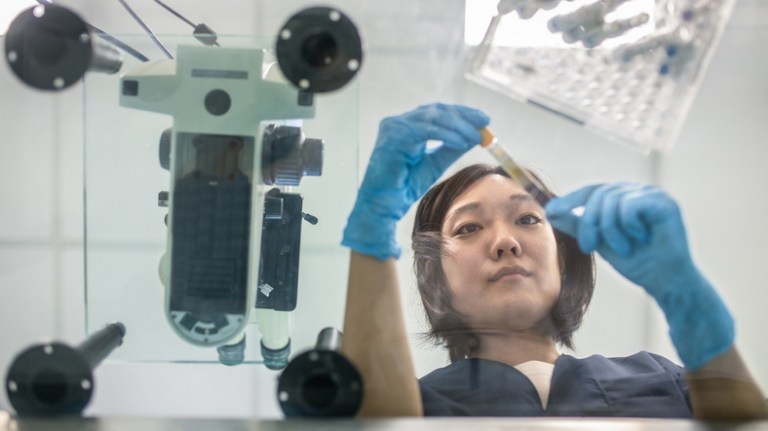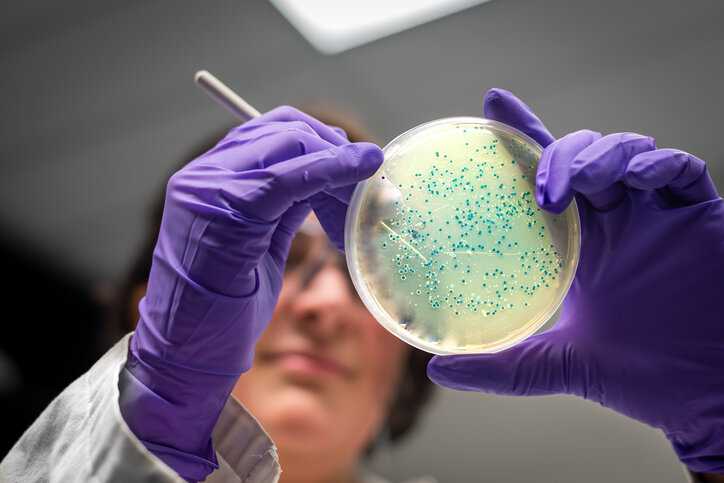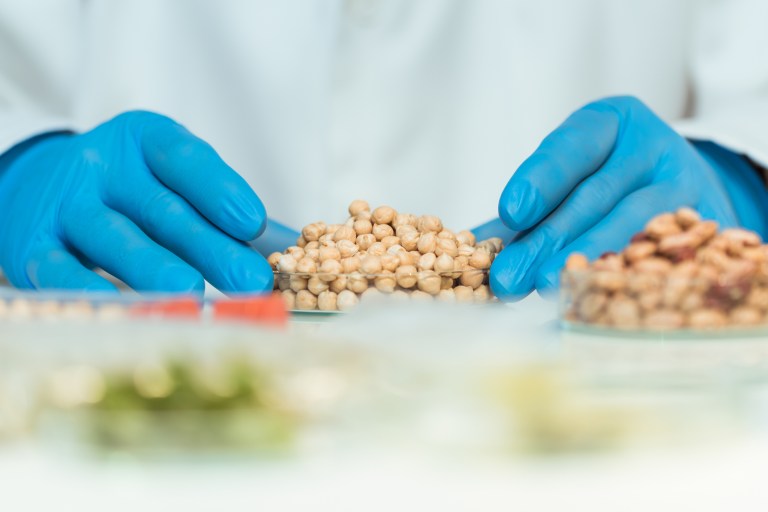What is Laboratory Accreditation?
Laboratory Accreditation Meaning Laboratory accreditation is an attestation of the laboratory’s competence to perform measurements based on a defined scope of accreditation. For a broader…

Laboratory Accreditation Meaning Laboratory accreditation is an attestation of the laboratory’s competence to perform measurements based on a defined scope of accreditation. For a broader…

The Food and Drug Administration (FDA) has recognized ANAB as an accreditation body (AB) for the Laboratory Accreditation for Analyses of Foods (LAAF) program. This…

Technical requirements (TR) for specific programs are defined by ANAB to further outline additional requirements for the activities performed by laboratories within those programs. Technical…

Medical laboratory test results account for 70% of medical decisions, showing how important these facilities are for health and safety in patient care. Medical laboratories…

In laboratory work, handling chemicals is a necessary component of nearly every process. Chemicals and hazardous materials are utilized in laboratory research and testing within…

Effective February 1, 2022, the Food and Drug Administration (FDA) has established the Laboratory Accreditation for Analyses of Foods (LAAF) program. This program focuses on…

To understand reaccreditation, one must first understand accreditation. What is Accreditation? Accreditation is an independent evaluation of conformity assessment bodies (CABs) against recognized standards to…

Quality and safety of dietary supplements are of utmost importance to the consumer. These supplements are regulated by the United States Food and Drug Administration…

Uncertainty has plagued our everyday lives since early 2020. While many have had to change how we do our work—where we do our work, when…